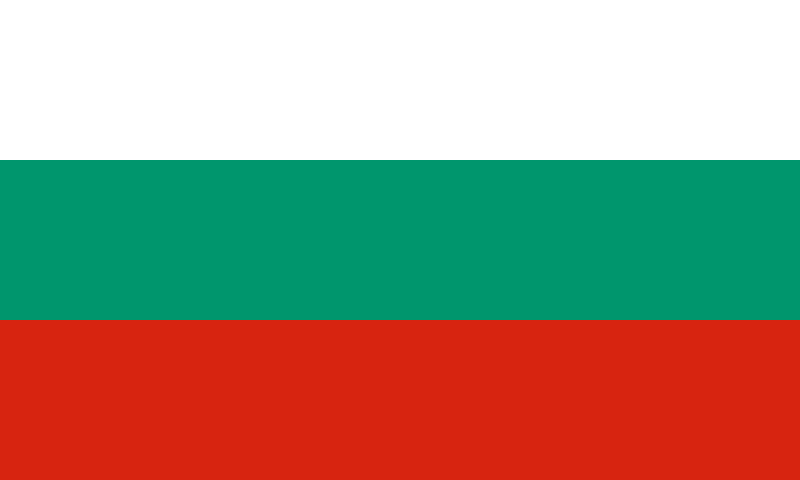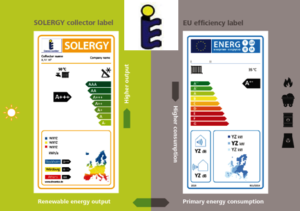Bulgaria: CL SENES – Hard Times for Well-established Solar Research Centre
August 6, 2013
Next to the Tsarigradsko Chaussee, an important road artery leading to the outskirts of Sofia, one can make out a vast research area belonging to the Bulgarian Academy of Sciences (BAS). On its campus, some scientists produce food for astronauts, others focus on solar energy (see photo). The Central Laboratory of Solar Energy and New Energy Sources (CL SENES) was founded in 1978 and played an important role in the energy efficiency programme of Todor Zhivkov´s government until the fall of communism in 1989. The lab’s research was focussed on using solar thermal energy to heat water in state-owned hotels and enterprises. Back then, some 50,000 m² of solar collectors were installed mainly along the Black Sea coast.
During that time, the Bulgarian scientists of CL SENES belonged to a group of European pioneers in the young field of solar energy research, but the regime change interrupted this development somehow. “The 1990s were quite hard for our scientific institution as for our country as a whole. Since 2007, however, Bulgaria has seen a boom in photovoltaics and our laboratory has had some merit in this,” says Professor Petko Vitanov, Director of CL SENES. Considering that Bulgaria has had such a “Centre of Excellence” for 35 years and with it, a comparatively long tradition of solar thermal energy use – why is it that Bulgarian roofs have nowadays a lot less solar collectors to show for than neighbouring countries, such as Greece or Turkey? “One reason is that over the years, electrical power had been quite cheap,” Vitanov explains, confirming that in February, mass demonstrations against rising energy prices toppled the government. “Today, you might see some solar collectors on villas of wealthy people, but you will find them neither on blocks of flats in the big cities, nor on family houses in small towns or villages. People are poor and cannot afford the investment,” Vitanov says.
His colleague, Engineer Rumen Stoykov, works in the testing laboratory, which was financially supported by the European Union and meets all the contemporary standards for testing solar collectors and related panels. Bulgarian solar system producers and distributors Eldom, Erato and Tesy are among its commercial clients, utilising the capacity of the laboratory and the knowledge of its experts. “The cheapest solar systems in Bulgaria cost Bulgarian Lev (BGN) 600, or EUR 300, and the same amount of money has to be paid for the installation work,” Stoykov says. “The investment of EUR 600 for a solar thermal system pays off in only a few years. But earning an average income of EUR 350, not many Bulgarians have the money to buy and install it.” Still, aren´t there credit programs, such as REECL for private households and BEERECL for business people? “Yes, these programmes exist. The problem with them is that the installation firms accredited through the programme are considerably more expensive than other installers. So, if you take such a credit, most of the incentive will only cover the price differential,” Stoykov says sceptically.
Although today’s main scientific focus of the Central Laboratory of Solar Energy and New Energy Sources is on photovoltaics, solar thermal energy remains an important field of research. Professor Kostadinka A. Gesheva, Head of the Department for Photothermal Solar Energy Conversion, has been part of CL SENES since its beginnings in the late 1970s. She and her team of scientists and engineers research and design any kind of solar thermal system not only for households, but also for swimming pools, institutional and industrial buildings. They also try to popularise solar thermal energy through lectures and seminars. “May be over all the years, we could have been a little bit more active in promoting solar thermal energy, so that its use would be more widespread in Bulgaria today,” Professor Gesheva says in a moment of critical reflection. But, of course, the laboratory is clearly a scientific institution for research and development. Some of the latest achievements of the photothermal department have been in the field of thin-film optical coatings to be used in solar thermal applications. “In the first week of September 2013, leading Chemical Vapour Deposition (CVD) researchers from around the globe will be our guests at the Euro CVD 19 conference in Varna on the Bulgarian Black Sea coast,” says Professor Gesheva, Chair of the organising committee.
More information:
Central Laboratory of Solar Energy and New Energy Sources: http://www.senes.bas.bg
Eldom: http://www.eldominvest.com
Erato: http://www.erato.bg
Tesy: http://www.tesy.com
Bulgarian Energy Efficiency and Renewable Energy Credit Line: http://www.beerecl.com
Residential Energy Efficiency Credit Line: http://www.reecl.org
Euro CVD 19 in Varna: http://www.eurocvd19.org


